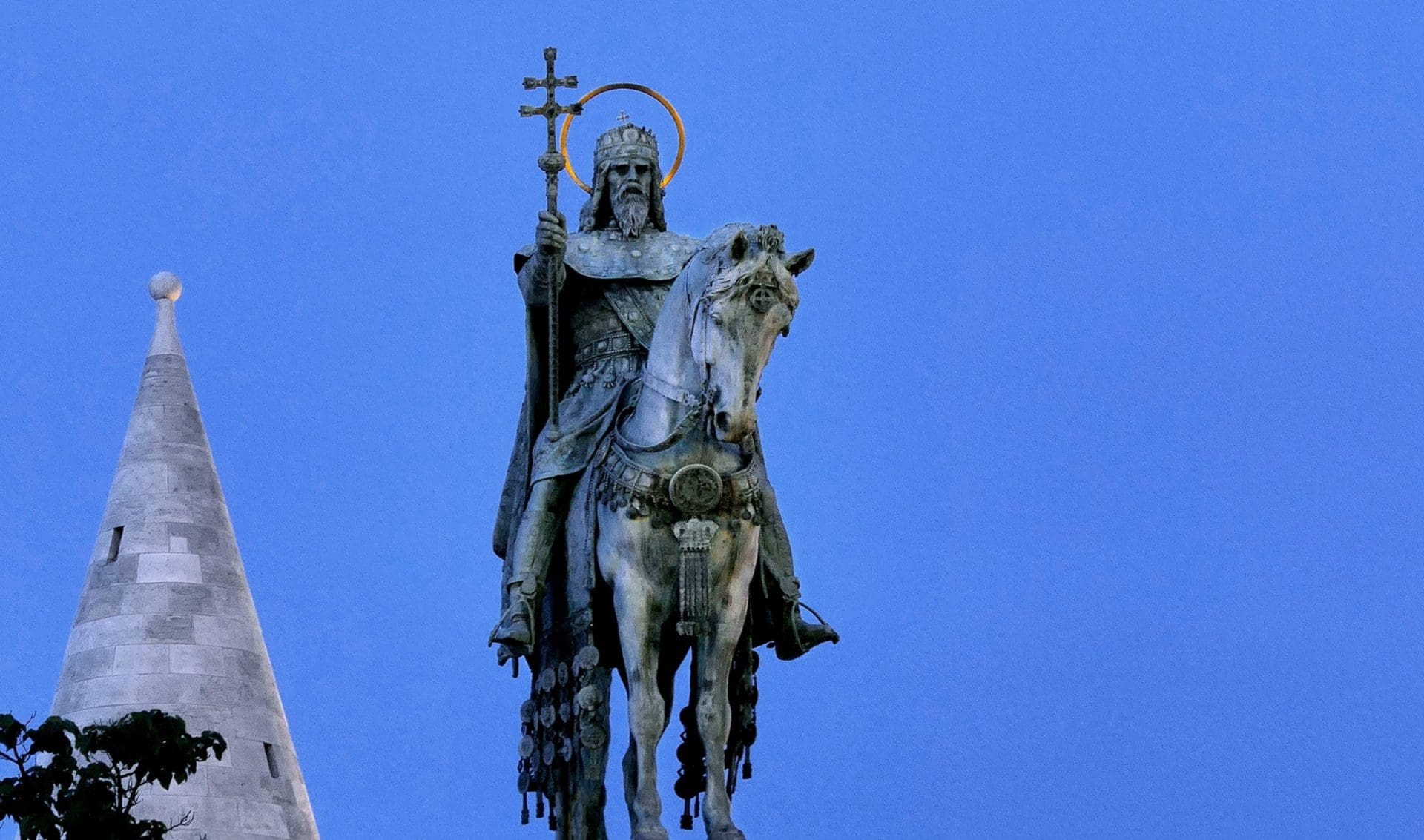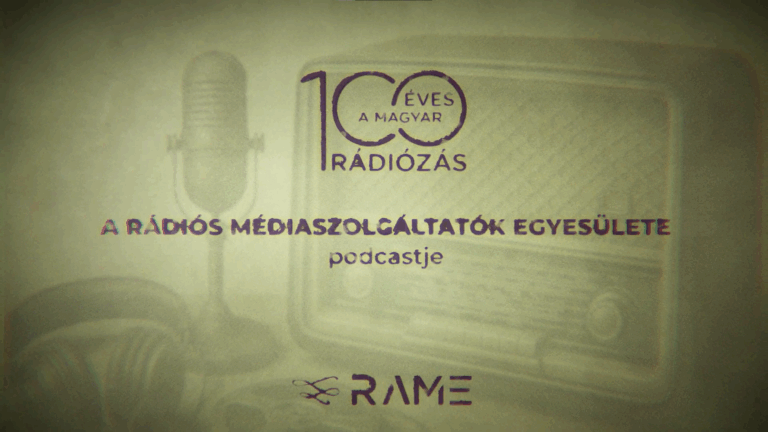When COVID-19 began circling the globe almost two years ago, it introduced an entirely new group of pandemic-related words, what Dictionary.com calls ‘coronacoinages’. Just one month into the pandemic, the editors at Merriam Webster were already noting the widespread use of new phrases like ‘superspreader event’ and ‘social distancing’.
While not a “coronacoinage” per se, the Hungarian phrase emlékeztető oltás is often heard in public discourse in Hungary. In English, it translates as “vaccine booster” but literally means “vaccine reminder.” So whereas an American might think of a vaccine boosting effectiveness, a Hungarian thinks of it as reminding the body.
Although the above example is seemingly trivial, if fascinating wordplay, it is not. Much of Hungary’s 1000-plus year history has been tumultuous, so cultural memory is vital for the Central European country. Indeed, Historic Hungary, once co-regnant of the Austria-Hungary Empire, is now reduced to a small, landlocked nation of fewer than 10 million people.
In a 2017 speech commemorating the 61st anniversary of his nation’s 1956 revolt against brutal Soviet occupation, Hungary’s Prime Minister Viktor Orbán, repeatedly charged his fellow citizens to remember. Remember those who sacrificed their lives for freedom, those who refused to bow to totalitarianism, and those who emblematized the Hungarian drive for human dignity and pursuit of truth; the Hungarian leader urged the audience.
Similarly, in his 2020 State of the Nation speech, the prime minister urged his countrymen not to go the way of Western European nations that have forgotten the source of freedom and therefore misinterpret the present moment:
‘We can derive our freedom from three simple Christian laws: we have acquired the ability to distinguish between good and bad; God has created all of us in His own image, so we are all equal – regardless of origin and skin color; and Christianity teaches us to do unto others as we would have them do unto us. Europe has forgotten that the world of political freedom can be built from these laws. What has happened and is happening in Hungary cannot be expressed in the liberal language of Brussels Eurobabble’.
Last week in a rousing speech commemorating the 65th anniversary of the 1956 revolution, Prime Minister Orbán asked the crowd to reflect on their righteous struggle for freedom against the tyranny of communism. No fewer than eight times did the Hungarian prime minister call on his countrymen to remember:
‘We remember that wonderful day when we, Hungarians, showed the world and our enemies who we really are. We remember the day when we asked ourselves not whether God was with us, but whether we were with God. We were imbued with enormous strength and it shook the pillars of communist rule. We remember the moment that will live forever in the memory of the free nations of the world. In the blink of an eye, the nation of the Hungarians found itself, and once again the name of Hungary lived up to the great acclaim it commanded in bygone days. We remember the moment when one longing was shared by all: by the cardinal and the lathe operator; by academics and lads from Pest; by the archduke and the partisan who became defence [sic] minister. We remember the force which penetrated the iron curtain dividing the nation…’.
Similarly, in a 2020 national address, the prime minister pointed out that the West’s current cultural crisis—one that has “paralyzed” it—leads nations to consider their history meaningless and accomplishments shameful. Thus, while EU leadership advocates for progressive positions on critical issues such as irregular mass migration, gender ideology, marriage, family, and globalism, Mr Orbán unapologetically balks.
So that no one misunderstands his terms, the prime minister advocates for a ‘Christian Democracy’ by which he means a form of civil religion. In recent remarks, Mr Orbán elucidated:
‘When we talk about Christianity and Christian democracy, we defend the forms of existence that grew out of the societies imbued with the Christian faith. Defending personal dignity, the freedom of man created in the image of God, family as was created in Christianity, the national community, and communities of faith.’
The prime minister is no priest or pastor, of course. His argument for a Hungarian civil religion is not spiritual but political and cultural. He insists that his nation’s only chance at survival is if it adheres to ‘traditionalist Christian’ policies. Moreover, Mr Orbán unashamedly upholds Hungary as an example for all of Europe to follow. As post-Christian globalists may stand agape, he boldly contends that the entire continent—not just Hungary—must return to a governing model based around a Christian understanding of the family, the nation-state, and freedom,
Orbán has been in office for ten years running, unabashedly promoting his vision of ‘Christian Hungary’ both at home and abroad. One question no one seems to ask: what do the Hungarian people think? Does the populace consider itself Christian? Statistics suggest that, just over 100 years ago, the country did view itself as Christian. For example, data from the 1930 national census shows an overwhelming majority of Hungarians (95 per cent) identified as Christian, with virtually no one at the time claiming religious non-affiliation.
Moreover, the nation’s two subsequent censuses, one in 1941, just before the Second World War, and 1949, a few years after it, indicated that most Hungarians retained their Christian identity over the decade. There was, in fact, a slight increase in Christian affiliation during the period, from 95 to 98 per cent, with virtually no Hungarians considering themselves religiously unaffiliated.
This uptick in Christian affiliation, though modest, is noteworthy especially considering the political climate in Hungary at the time
This uptick in Christian affiliation, though modest, is noteworthy especially considering the political climate in Hungary at the time. Since the end of the war, the Soviets had been occupying the nation. By late 1949, the regime had dissolved all private property, relocated Hungarian citizens to forced labour camps, and conducted show trials that ended in executions. As well, the Soviets established a puppet government, a “people’s republic”. In wresting control of all social and religious organizations—including churches—and adopting a sham constitution that promised religious freedom but suppressed it, the Soviets lowered the Iron Curtain on Hungary. Soviet totalitarian rule over the nation would continue until the fall of the Berlin Wall in 1989.
Although Hungary continued conducting a decennial census during the 40 years of communist rule, the government dropped the religious affiliation question. As a result, there is no official religious demographic information for Hungary over those decades.
It was not until the 2001 census, more than ten years after the fall of the Soviet Union, that Hungarians were once again asked about their religious affiliation. The results of that census suggest that Hungary had begun following the general Western European trend toward a curious non-practicing Christian self-identity, with only about 74 per cent identifying themselves as Christian. And, for the first time, a statistically significant number indicated having no religious affiliation (15 per cent). Another 11 per cent of respondents simply chose not to answer the question.
Ten years later, in 2011, Hungary conducted a national census and also drafted a new constitution. That year’s census results showed that 18 per cent of Hungarians claimed no religious affiliation, 27 per cent declined to answer the question, and an all-time low of 55 per cent of Hungarians self-identified as Christian. Seeing the downturn, Hungarian political leadership decided to remind the nation of its historical and cultural rootedness in Christianity. Thus, the new constitution’s preamble established the Christian origins of the Hungarian State under King Saint Stephen who established the Hungarian state in 1000 A.D.
It has been over ten years since Hungary conducted an official census, as the Coronavirus pandemic delayed the 2020 one until late next year (2022). But, if the current trend continues, Hungary will follow Western Europe toward religious non-affiliation. What does this portend for the tiny Central European nation? Can the country retain the benefits of Christian Democracy, that is, its Christian ethics, namely human rights and personal liberty, even if Hungarians stop believing in Christianity? It is an open question. For the time being, the Hungarian prime minister will likely continue to remind his countrymen: of their Christian past, their Christian Democratic identity, and his administration’s plans to navigate the nation into a Christian—not globalist, post-Christian—future. One might even regard such calls to remember as a cultural emlékeztető oltás of sorts.








